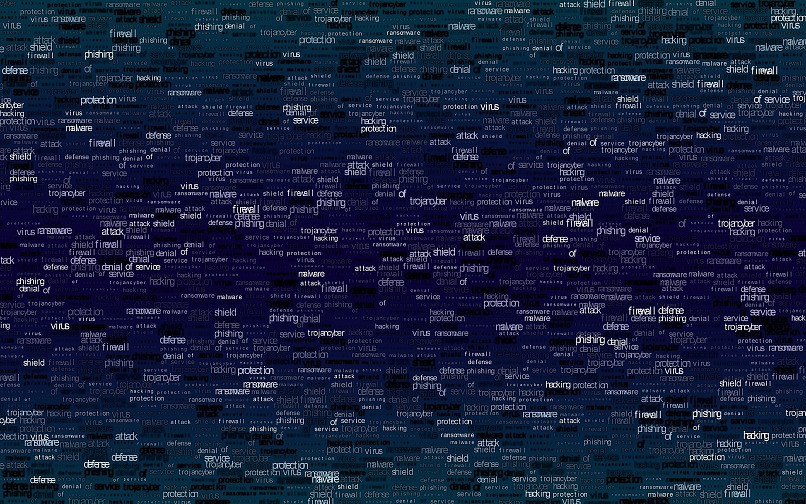Report: Dramatic Rise in Phishing and Malware Attacks Globally

In a startling revelation, Q3 2023 has witnessed a record-breaking surge in phishing and malware attacks. According to a report by threat detection and response startup Vade Secure SASU, phishing attacks have skyrocketed by 173% compared to the previous quarter, marking a total of 493.2 million attacks.
"Phishing volumes increased by 173% compared to the previous quarter (493.2 million vs. 180.4 million). Malware also saw a steep rise quarter-over-quarter (110%), reaching 125.7 million emails compared to Q2’s total of 60 million," stated the report from Vade Secure SASU.
August emerged as the most active month for cybercriminals, with a whopping 207.3 million phishing emails detected, nearly double the number from July. September wasn't far behind with 172.6 million emails, while malware threats peaked in the same month with 45.6 million attempts.
Microsoft Corp. and Facebook were identified as the most impersonated brands during this period. "Trends come and go, but Facebook and Microsoft have proven to be perennial favorites among hackers," the report noted.
"Microsoft retains its title as the most impersonated corporate brand. The company’s productivity suite, Microsoft 365, remains one of the most popular business tools in the world and a key target for hackers" the report further highlighted.
Other sectors, including cloud, social media, and financial services, also witnessed significant increases in phishing attacks. The government sector, in particular, experienced a staggering increase of 292%. Bank of America, a leading financial institution, saw a dramatic 873% increase in phishing URLs, making it the most impersonated financial services company for the quarter.
In conclusion, the report emphasized the importance of adopting robust security measures, especially for widely-used platforms like Microsoft 365 and Google Workspace. It also underscored the need for automated phishing awareness training to help users identify and report potential threats.



Please, comment on how to improve this article. Your feedback matters!